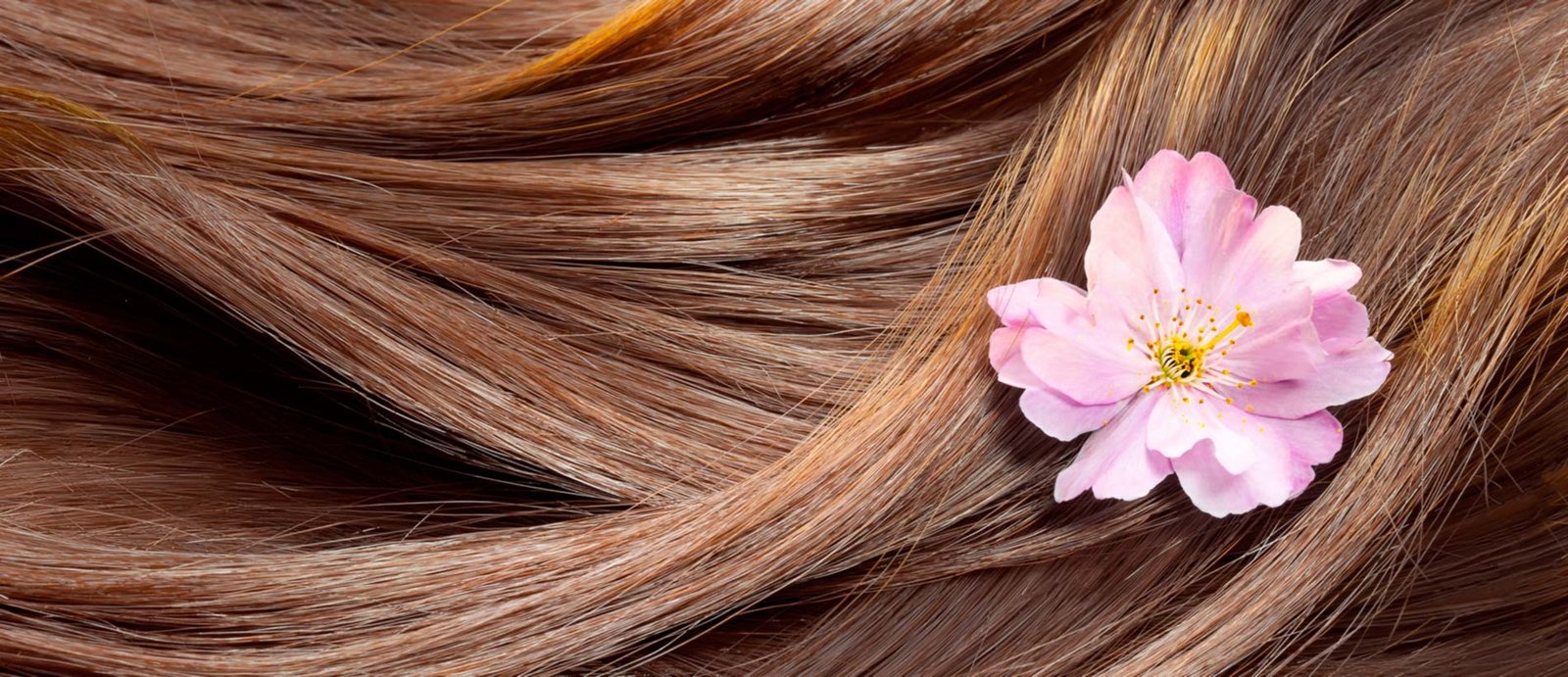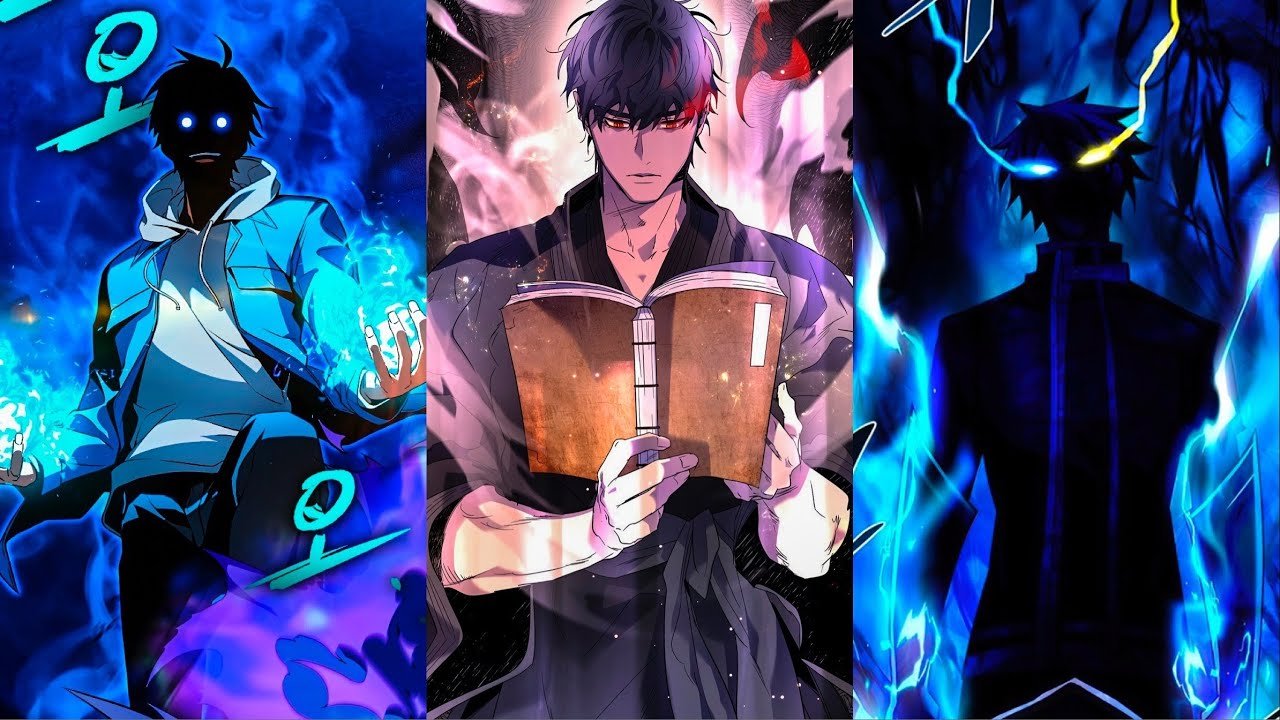Hair has always been more than just strands on our heads; it holds a deep significance across cultures, generations, and even personal identity. But why is hair such a big deal? From a practical standpoint, hair protects our scalp and regulates body temperature. Yet, beyond its biological function, hair has become a symbol of beauty, social status, and self-expression. In this article, we’ll delve into the reasons why hair matters so much, examining its cultural, psychological, and personal impact.
The Cultural Significance of Hair
In many cultures around the world, hair is seen as a reflection of identity and heritage. Different hairstyles and hair types often symbolize social status, religious beliefs, and cultural traditions.
- Hair as a Cultural Symbol
In some African cultures, hair has a long history of being used to express communal identity and status. Braiding and other intricate styles tell stories, communicate messages, and preserve history. For Native Americans, hair is a sacred symbol and represents spiritual strength and vitality. Similarly, in Hinduism, head-shaving is a common ritual to signify humility and surrender to the divine. - Religious Ties to Hair
Many religions assign spiritual meanings to hair. In Sikhism, followers keep their hair uncut as a symbol of respect for God’s creation. In Islam, covering one’s hair is a sign of modesty and faith, with different communities having varying practices for men and women. In Christianity, long hair on women was once seen as a symbol of femininity and purity, while men with long hair were often seen as rebels or artists. - Global Influence of Hair Trends
Today, global trends shape how we view hair. From K-pop idols to Hollywood celebrities, people around the world take inspiration from media to style their hair in ways that represent the latest trends. This powerful influence of media reinforces why hair is such a big deal in our society, as it reflects popular culture, trends, and social standing.
The Psychological Impact of Hair
Our hair is often one of the first things people notice about us, which makes it a significant part of how we view ourselves and our self-worth.
- Hair and Self-Esteem
A good hair day can make us feel confident and ready to tackle anything, while a bad hair day can make us feel the opposite. Studies show that individuals experiencing hair loss or dissatisfaction with their hair texture often experience lower self-esteem and social anxiety. This is why so many people invest time and money into hair care and styling—because hair plays a role in how they feel about themselves. - Self-Expression and Identity
Hair allows people to express their individuality. Dying one’s hair bright colors, shaving it off, or growing it out are ways people use their hair to express personality, rebellion, or creativity. This is especially true during teenage years, where experimentation with hair is common. The question “why is hair such a big deal” can be partly answered by recognizing hair as a medium through which we explore and present our identity. - Hair and Mental Health
Mental health conditions, like body dysmorphic disorder, can lead to extreme preoccupation with one’s hair. Some people feel a need to constantly adjust, style, or even conceal their hair, which can affect mental well-being. Additionally, disorders like trichotillomania involve compulsive hair-pulling, often leaving people struggling with self-esteem issues. For them, hair isn’t just a physical feature; it’s something that impacts their mental health deeply.
The Influence of Hair in the Fashion and Beauty Industry
The beauty and fashion industries understand just how big of a deal hair is and capitalize on this to promote products, styles, and services.
- The Hair Care Market
The global hair care market is worth billions, covering everything from shampoos and conditioners to styling tools and treatments. The emphasis on hair health and beauty leads people to spend significant money to maintain and improve their hair. This industry reinforces the idea that hair is essential to self-image and appearance, which is why people are willing to spend so much to achieve their desired look. - Changing Hair Trends
Hair trends are always evolving. What’s trendy today might be seen as outdated tomorrow. Styles like perms, straightened hair, and balayage coloring come and go in waves. Each new trend in hair signifies the changing ideals of beauty and style, influenced by everything from fashion runways to social media. Hair trends impact how people perceive beauty, which is why hair is such a big deal in the fashion world. - The Role of Celebrities and Influencers
Celebrities and influencers play a significant role in shaping our views on hair. When a well-known figure drastically changes their hairstyle, it often sparks a wave of imitation. For instance, the “Rachel” haircut, made famous by Jennifer Aniston in Friends, became one of the most popular haircuts of the 1990s. Nowadays, social media influencers drive new hair trends, often turning products and styles viral overnight. This influence emphasizes how big of a deal hair is in today’s culture.
Hair as a Form of Social Status
Throughout history, hair has symbolized social status and wealth. This association continues to shape perceptions today.
- Historical Associations of Hair with Class
In many ancient societies, hair was a marker of social status. The elaborate wigs of the Egyptians and powdered wigs of European nobility symbolized wealth and privilege. Similarly, certain hairstyles were often reserved for royalty or those in positions of power, making hair a social and political tool. - The Cost of Hair Care
Modern hair treatments, such as extensions, colorings, and chemical treatments, can be costly. For those with the means to invest in these services, hair becomes a visible sign of financial capability. Expensive treatments allow individuals to maintain luxurious, healthy-looking hair, which can create a subconscious association with affluence. - Hair in Professional Settings
In many workplaces, hairstyles are subtly or explicitly regulated, affecting how individuals can wear their hair. This regulation reinforces the idea that hair is a big deal—professionalism and appearance go hand in hand, impacting career prospects and perceptions in the workplace.
Why Is Hair Such a Big Deal for Men?
While hair is often seen as a focal point for women, men also experience pressure when it comes to their hair.
- Hair Loss and Aging
For men, hair loss is often associated with aging. As a result, hair is a significant part of how men perceive youth and masculinity. Treatments for hair loss, like transplants and hair regrowth products, have gained popularity as men increasingly seek ways to maintain their hair and, by extension, their youthfulness. - Beard and Hairstyle Trends
Beard and hairstyle trends in men’s fashion have made hair a big deal among men as well. From classic cuts to trendy fades, men’s hairstyles play a role in self-expression and confidence. Facial hair, like hairstyles, also carries connotations of masculinity, attractiveness, and personal style. - Sports and Pop Culture Influence
Athletes and musicians often sport unique hairstyles that gain popularity among their fans. Famous athletes, such as David Beckham, have set hairstyle trends that many men emulate. This is why hair is a big deal in men’s fashion, too—it’s as much about personal expression as it is about following the trends set by iconic figures.
Conclusion: Why Hair Will Always Be a Big Deal
So, why is hair such a big deal? Hair’s significance lies in its deep-rooted association with culture, identity, and self-esteem. Hair impacts our lives in ways we may not always recognize, shaping our self-perception, social interactions, and cultural beliefs. The personal, cultural, and societal importance of hair means that this isn’t just a trivial focus—it’s an essential part of human identity.



